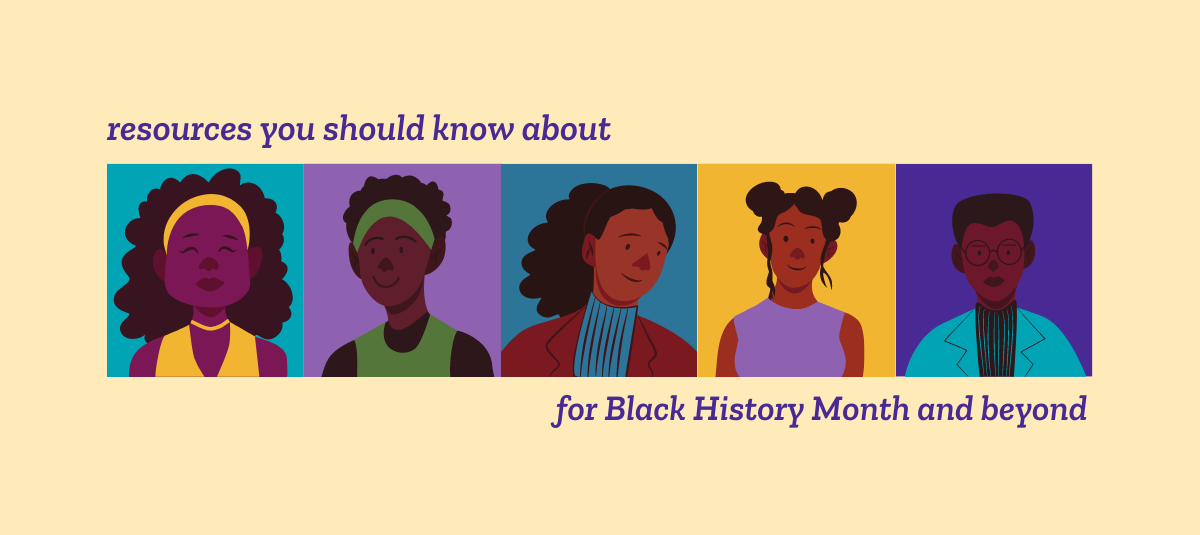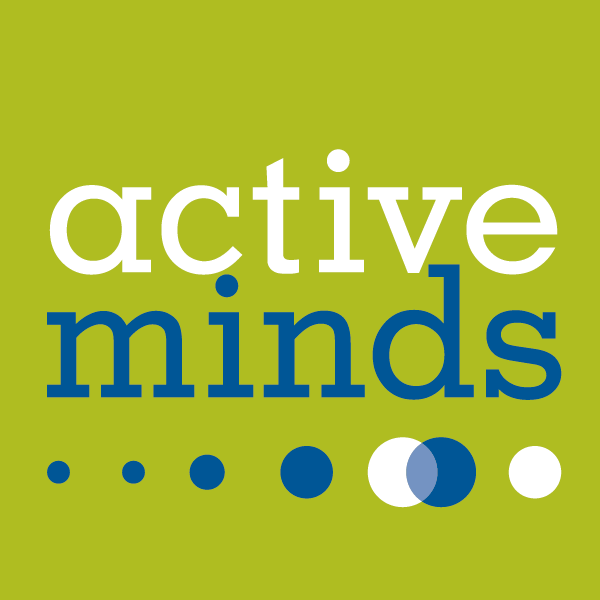Black History Month is a time where the contributions of Black Americans are specially recognized and applauded. While it is important to acknowledge Black individuals that have changed history during this month, this appreciation, recognition, and acknowledgment should occur at all times. Black history and Black mental health matters all year long. Below, we have compiled a list of Black psychologists, leaders, advocates, and experts that changed (or are changing) the conversation around mental health. These individuals and organizations create a space of healing and safety for Black people by Black people.
Black Psychologists you should know
Solomon Fuller
The first known Black psychiatrist whose scientific research allowed for findings surrounding Alzheimer’s disease. His publications include some of the earliest recordings of dementia in the United States. His research further focused on schizophrenia and manic depression.
Bebe Moore Campbell
Writer, teacher, and mental health advocate. Her work opened up a conversation around mental health and the issues plaguing minority communities. She established NAMI-Inglewood to create a place for Black individuals to discuss mental illness. The US House of Representatives named the month of July as Bebe Moore Campbell National Minority Mental Health Awareness Month to spread awareness of mental illness amongst minorities.
E. Kitch Childs
Helped to establish the Association for Women in Psychology in 1969. She promoted feminist theory in her work and activism and became a founding member of Chicago’s Gay Liberation Front. She even centered her experience in therapy to provide space for LGBTQ+ individuals, people with HIV/AIDS, and other underrepresented communities.
Beverly Greene
An expert in intersectional psychology. Her work emphasizes how intersectionality plays a role in racial oppression and mental illness. Greene published the critical article, “When the Therapist is White, and the Patient is Black: Considerations for Psychotherapy in the Feminist Heterosexual and Lesbian communities.” She was also honored in 2008 with the Distinguished Publication Award from the Association for Women in Psychology.
Jennifer Eberhardt
A Black social psychologist whose work is focused on the psychological association between crime and race. She has contributed to research surrounding unconscious bias and has been the main figure in improving the training of law enforcement agencies to counter implicit racial bias.
Black Mental Health Organizations To Know About
Therapy for Black Girls
An online space dedicated to providing access to Black women and girls struggling with mental health with therapeutic support absent of stigma or shame. Along with therapy sessions, this organization provides resources such as blog pieces, podcast episodes, and yoga practices to promote self-care and community conversation.
The Steve Fund
An organization supporting the mental and emotional health of young people of color. Through dialogue, education programs, mental health services, and workshops, The Steve Fund promotes awareness and understanding. Their annual conference series, Young, Gifted, & @Risk offers resources and information for campuses to better the mental health of students of color.
The Loveland Foundation
Founded in 2018, this organization’s goal is to provide Black women and girls with access to therapy. The Founder and President, Rachel Cargle, is a modern-day activist whose work has been featured in numerous publications and lectures taught at campuses around the country.
Black Girls Breathing
Founded by Jasmine Marie, breathwork practitioner, and speaker, Black Girls Breathing is a safe space for Black womxn to actively manage their mental health through breathwork and community. Their work has impacted thousands of Black women across the globe and is innovating the wellness industry by providing free and accessible mental health care to an overlooked and underserved population.
National Queer And Trans Therapists Of Color Network (NQTTCN)
An organization committed to the mental well-being of queer and trans people of color. Their recognition of the trauma, oppression, and medical neglect queer and trans people of color experience allows for a space of healing. Their resources, such as The Mental Health Fund, The Radical Syllabus, and the Healing Justice Learning Strategy Lab, provide access, tools, and compassion.
Modern Day Black Mental Health Advocates/Organizations You Need to Follow on Social Media
@nedratawwab
Nedra Glover Tawwab is a therapist, content creator, author, and public speaker. Her Instagram account is filled with advice, resources, and tools to promote mental well-being, strengthen intimate relationships, and answer weekly Q&As from followers.
@blackgirlinom
Black Girl in Om is an online platform that provides a space of healing for Black women. Their content centers on panel discussions, Q&As, podcast episodes, meditation, and yoga practices. Their membership masterclass “The Circle” provides resources such as forums, playlists, journal prompts, worksheets, and more.
@_beamorg
A Black Mental Health Collective with a focus on Black healing. This organization and social platform offer virtual support groups, panel discussions, journal prompts, and coping strategies for Black individuals. Their Instagram offers a space for conversation, education, and empowerment.
@ethelsclub
Ethel’s Club is the first social and wellness platform to celebrate people of color on and offline. A community centered on intention, healing, and creation. By becoming a member, one is granted access to guided meditations, writing classes, wellness sessions, book clubs, and more. Their Instagram shares mental health tips, social commentary, and Black businesses or individuals to support.
@therapyismyjam
Jordan A. Madison is a therapist, writer, and content creator whose goal is to normalize therapy in the Black community. She specializes in family, relationships, as well as individual counseling. Through her work, Madison aims to allow clients to heal emotionally, mentally, and psychologically. On her Instagram account, she provides tools, tips, advice, and resources to support the Black community.
While we have only listed a few individuals and organizations that have created a space of healing and safety for Black people by Black people, the list is endless. Check out the links below for more BIPOC mental health resources.
To find more African American therapists visit the Psychology Today directory.
To find more BIPOC therapists visit Just Diva’s blog.
To learn how to find virtual Black therapists checkout this Essence’s article.
Learn more information about The Association of Black Psychologists.




